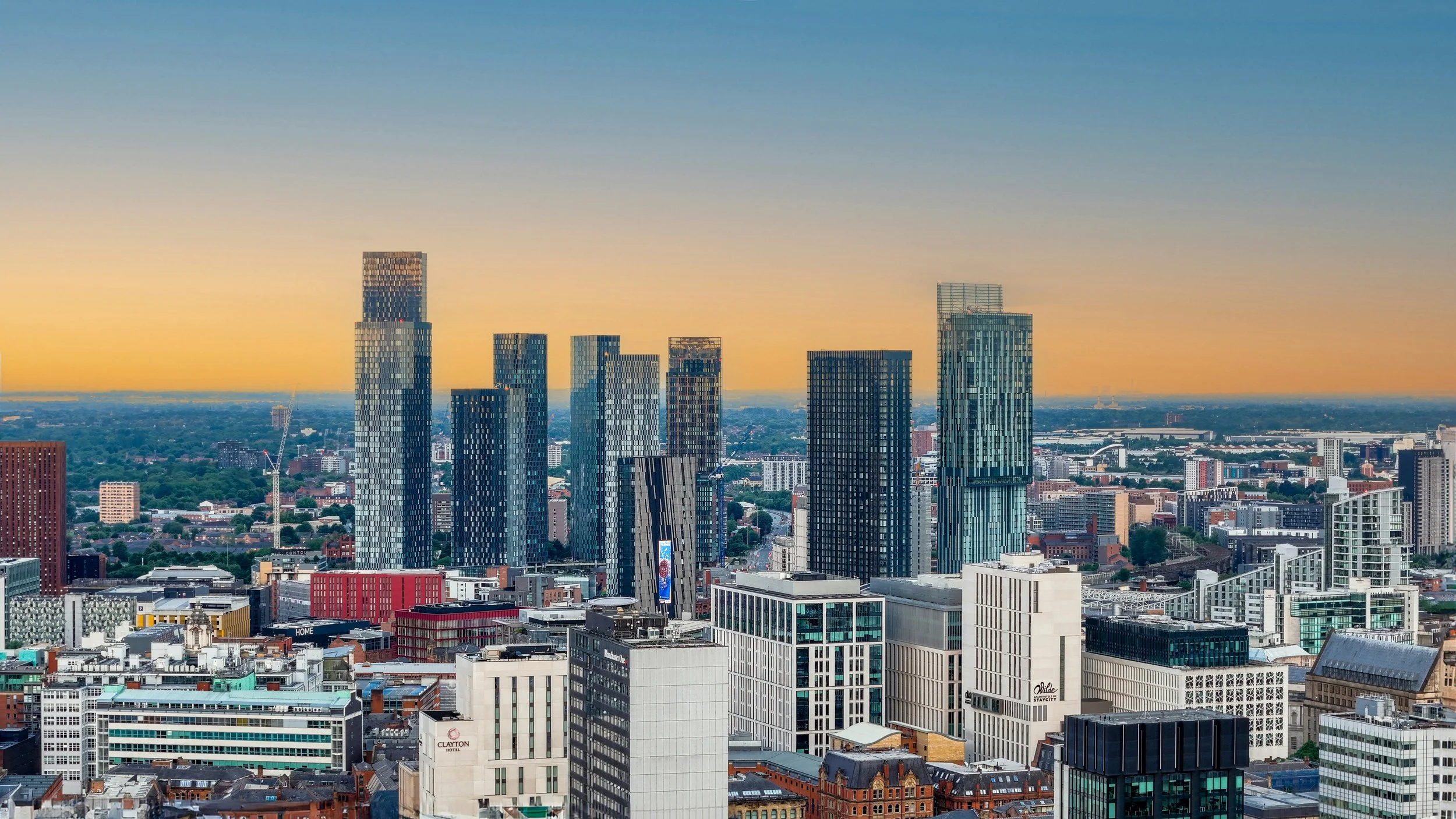VAT on commercial property explained
When it comes to commercial property, the rules around VAT can be either pretty straightforward, or quite complex. Straightforward, because generally speaking, the sale or lease of commercial property is exempt from VAT, meaning neither the buyer or seller need to pay it. Easy, right?
However, a vendor/landlord has the option to charge VAT when selling or renting a property if they wish, which is when things can get more complex.
But don’t worry, here at The UpCo we’re commercial property experts and in this post we’re going to break down everything you need to know about VAT and commercial property. Here you can discover what the exemptions are to charging VAT on commercial buildings and where tax is compulsory, what a transfer of going concern is and how it works, what happens when a vendor opts to charge VAT and what costs can be recovered through tax.
Exemptions to charging VAT on commercial property
So, as a general rule, the process of leasing or buying commercial property is exempt from VAT. This exemption extends to the exchange of interests in, rights over, or licences to occupy commercial property.
VAT exemptions are beneficial because they reduce the cost of buying or renting a commercial property, but they also mean that the landlord or buyer can’t recover the VAT on related costs.
The VAT base rate of 20% is compulsory, however, in the following instances: where the sale or lease relates to a new or incomplete commercial property.
For properties of three years or older it’s up to the owner to decide whether or not to charge VAT. When VAT is applied, it applies to the goods and services provided through the sale or lease of the property.
VAT and transfer of going concern
A transfer of going concern is a commercial property transaction exempt from VAT charges. It refers to a sold set of assets capable of operating as a functioning business. The transaction qualifies as a transfer of going concern (TOGC) if the buyer plans to keep using the property for the same business purpose. TOGC status applies to commercial property acquisitions when:
The property operates as an income-generating business (N.B. a property with tenants will be viewed as a property rental business).
The property transfer is part of a complete business acquisition.
Assets are transferred from a taxable party to a transferee who is registered for VAT, or whose registration becomes immediate following the transfer.
Both purchaser and vendor must agree to tax the property. This requirement also applies when the property is standard-rated. Subsequently, HMRC needs notifying prior to the supply date to maintain the transaction's TOGC classification. The seller is responsible for maintaining proper VAT treatment, preventing penalties and guaranteeing the successful recovery of tax.
Here’s an example of how this works in practice:
A commercial property is leased to James by the landlord. Sarah intends to purchase the property from the landlord and maintain James' tenancy arrangement in the commercial premises.
VAT charges will not apply when the landlord transfers the property to Sarah since the tenant remains in occupation.
Nevertheless, to secure the VAT exemption Sarah must hold VAT registration and opt to tax prior to completion, providing confirmation to the vendor that she has exercised this option.
Opting to charge and reclaim VAT on a commercial property
As mentioned, commercial property owners can opt to charge VAT at the standard rate (20%) when they lease or sell their property. If they choose to do this, they have to charge VAT on all supplies they make that relate to the property, but they’re also able to recover VAT for any costs related to the property.
Landlords and commercial property vendors may opt to tax the sale of a commercial property if they can recover most of the cost. This commonly happens if a property has been renovated or refurbished, as a way to recover the costs related to this work. They might also opt to charge VAT if there’s an intention to transfer the property as part of a going concern, as covered above.
If someone opts to charge VAT on a transaction, there are certain rules and restrictions they need to abide by:
They must notify HMRC of their intentions to charge VAT in writing within 30 days of this decision.
Once HMRC have been notified of the option to tax, the decision lasts for 20 years and is generally seen as irrevocable. However, the option to charge VAT doesn’t follow the property, meaning the next buyer or tenant will need to decide whether to tax and this will depend on their use of the property.
It can be revoked within the first 6 months with certain conditions, including the repayment of any input tax deducted as a result of making the option.
Investing in commercial property?
If you’re considering investing in commercial property and you’re wondering what the tax implications might be, we’d be happy to talk you through them. At The UpCo we’re property consultants with over 20 years in the industry, helping businesses like yours find the ideal properties for the best prices, with the best returns.
Get in touch today - give us a call on 0151 542 5000 or drop us an email at hello@theupco.co.uk. We’d love to help.



